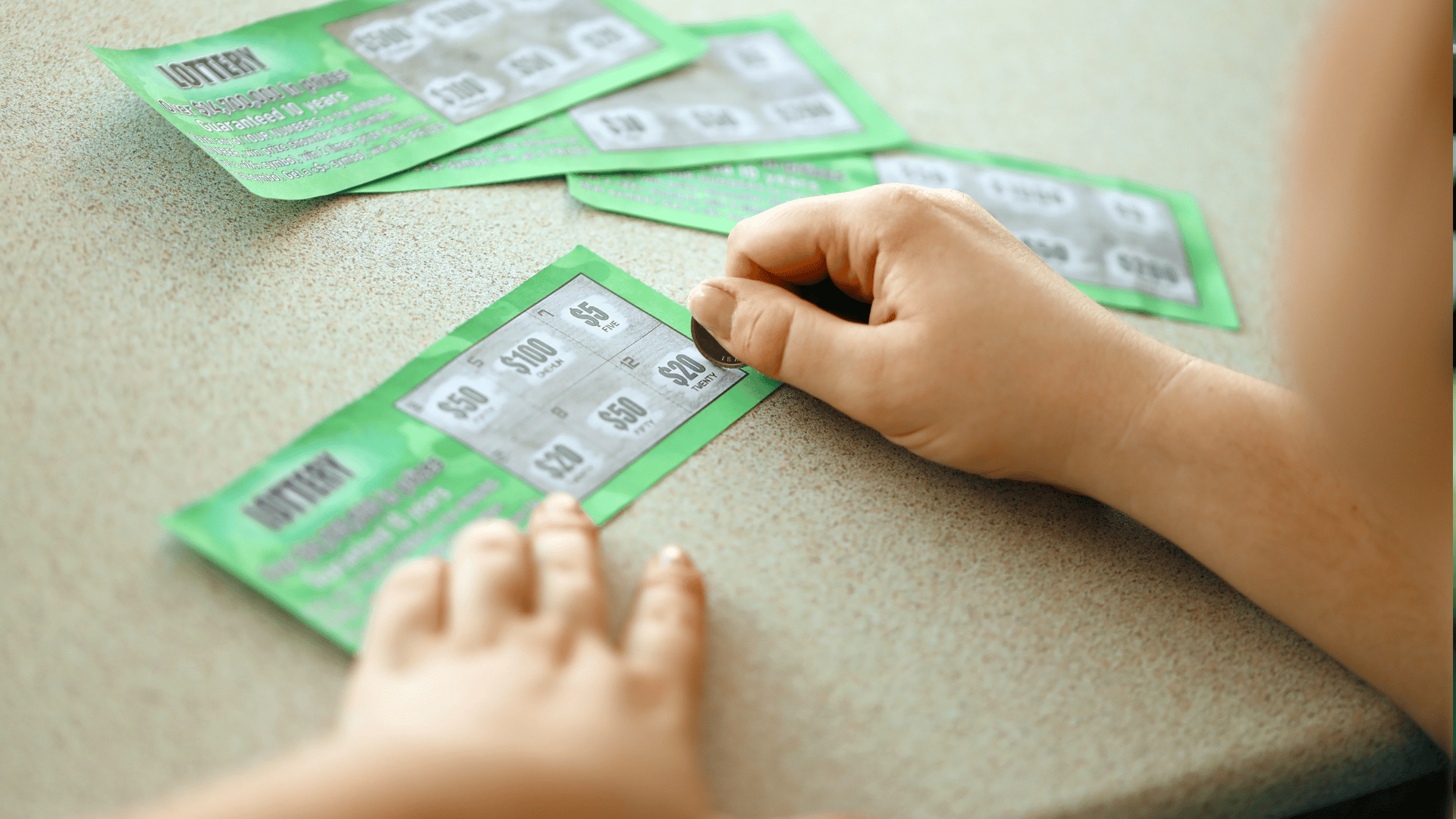Scratch games are a popular form of lottery entertainment offering instant wins and various prizes. But how do they work, and what influences your chances of winning? This guide breaks down the key aspects of scratch lottery games, including probability, factors affecting odds, and strategies to maximize your chances.
Understanding Scratch Game Probability
Scratch probability refers to the chances of winning a prize in a scratch game. Every lottery title has a set number of possible outcomes, and each outcome has a specific likelihood of occurring. Higher probability games typically offer smaller prizes more frequently, while lower probability games provide fewer wins but have the potential for bigger payouts.
The Role of House Edge
Like all gambling activities, scratch games incorporate a house edge. It represents the slight advantage that the lottery provider has over players. The house edge is embedded into the game’s probability design, ensuring the provider makes a profit over time. Games with a lower house edge and higher return-to-player (RTP) percentages provide better long-term value.
Factors Influencing Scratch Lottery Odds
Several factors impact your chances of winning in a scratch lottery. These elements shape the risk and potential rewards associated with different games.
Number of Tickets Sold
The number of scratch cards in circulation directly affects your odds of winning. If fewer tickets are available, the chances of securing a prize increase. Conversely, games with many tickets sold distribute the odds more widely, making it harder to win.
Prize Pool Structure
The size and distribution of the prize pool also influence winning odds. Games with multiple small and mid-range prizes have better odds of securing a payout, whereas those with larger jackpots but fewer prizes make winning more difficult. Understanding the prize breakdown can help players select a game that aligns with their winning expectations.
Type of Scratch Game
Different types of scratch games have varying probabilities. ‘Instant win’ games generally feature higher odds of success with smaller payouts, whereas progressive jackpot scratch cards offer enormous prizes but significantly lower chances of winning. Players should choose their preferred type based on whether they seek frequent small wins or a rare but large payout.
Calculating Scratch Game Winning Probabilities
Many players wonder how to determine their chances of winning in a scratch game. You can calculate the probability of winning using a structured approach.
First, count the total number of symbols or images on a ticket. Next, identify the number of winning symbols versus losing symbols. For example, if a scratch card has 15 images, 6 of which are winners and 9 of which are losers, you can analyze the odds of revealing all winning images before losing ones.
Another factor to consider is the order of scratching. The sequence in which images are revealed impacts the probability of completing a winning combination before uncovering losing symbols.
Strategies to Maximize Your Winning Chances
Although scratch games are based on luck, there are strategies to improve your overall experience and optimize your chances of winning.
Play Games with a Higher RTP
RTP (Return to Player) indicates the percentage of money a game returns to players over time. Choosing scratch cards with a higher RTP means that, on average, players receive more back in winnings. It helps manage bankrolls more effectively and makes the gameplay more rewarding.
Understand Prize Structures
Studying the breakdown of prizes for different scratch games is crucial. Games with more mid-level and small prizes provide better odds of winning than those with fewer but larger jackpots. If frequent wins matter more, opt for games with a well-balanced prize distribution.
Avoid Superstitions and Focus on Randomness
Each scratch card outcome is completely random, meaning strategies based on ‘lucky’ ticket numbers or specific purchase times have no effect. Believing in these myths can lead to unrealistic expectations and poor decision-making. Instead, focus on probability and prize structures to make informed choices.

Conclusion
Scratch games are an exciting form of lottery entertainment, but understanding their mechanics can help players make smarter decisions. By analyzing probability, prize structures, and gameplay strategies, you can enhance your chances of securing a win while managing expectations effectively. While luck plays the biggest role in scratch cards, informed choices can improve your overall experience.




















